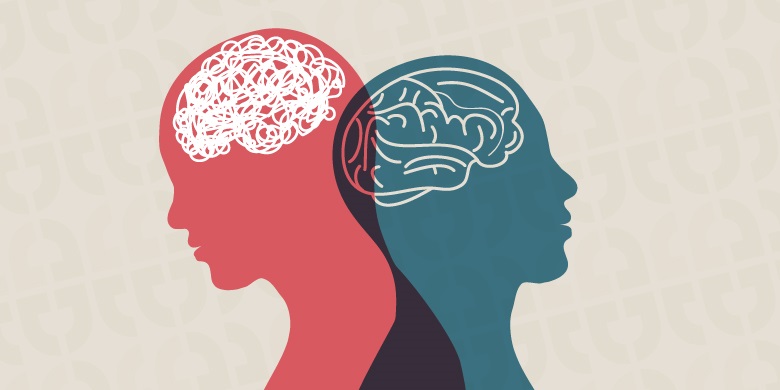Dallas College has undergone a tremendous amount of change in the past three years along with the rest of the world. Since COVID-19 began, reports of anxiety, depression and hopelessness have increased. Nationally, about 50% of people acknowledge they have had symptoms of a mental health concern. Substance use and abuse, domestic violence, isolation and physical health challenges have all been linked to the stress of the last three years. Workplace stress – whether it’s a new job, no job or just surviving a major reorganization – impacts all of us.
Stigma, misinformation and a lack of knowledge often keep people from seeking help – action that could help someone get the right kind of support.
In 2019, CDC’s Web-based Injury Statistics Query and Reporting System (WISQARS) reported leading causes of death:
- Suicide was the second leading cause of death among individuals ages 10 and 34.
- That year, there were nearly two and half times as many suicides (47,511) in the United States as there were homicides (19,141).
The 2020 National survey on Drug Use and Health (NSDUH) by the substance Abuse and Mental Health Services Administration (SAMHSA) reported:
- 4.9% of adults ages 18 or older in the United States had serious thoughts about suicide.
- Among adults across all age groups, the prevalence of serious suicidal thoughts was the highest among young adults aged 18-25.
- The prevalence of serious suicidal thoughts was highest among adults 18 and older who report having multiple (two or more) races.
Numbers from the NationalAlliance on Mental Illness (NAMI):
- 1 in 5 adults experience mental illness each year.
- 1 in 20 U.S. adults experience serious mental illness each year.
- 50% of all lifelong mental illness begins by age 14 and 75% by age 24.
- 19.1 % of U.S. adults have an anxiety disorder (est. 48 million people), which was made worse by COVID-19.
- 8.4% of U.S. adults experience a major depressive episode (21 million people).
- The average delay between the onset of mental illness symptoms and treatment is 11 years. The longer the delay, the harder it is to treat.
Are you ready to make a difference?
Mental Health First Aid USA is a training (similar to First Aid or CPR) designed to give people the skills to help someone who is developing a mental health problem or experiencing a mental health crisis. This training, which focuses on the unique experiences and needs of college students, gives you the skills you need to reach out and provide initial support to someone who may be developing a mental health or substance abuse problem and help connect them to the appropriate care.
The goal of Dallas College is to train all of us in Mental Health First Aid, a national and global certification that gives you the skills to help our students, our colleagues, and family and friends. In the U.S., 50% of the population has known someone who died by suicide.
Let’s be the 50% who save a life from stress, anxiety, depression and suicide.
If you understand the ripple effect, you can catch a glimpse of the impact we can make on our friends, family and students. Please join me in learning the skills of MHFA as we prepare to continue to impact our community through education, action and care.
Register to get a seat. Mental health and other professionals may be awarded licensure CEU’s for completing this course.
This material was written by Dallas College licensed professional counselor Karen Cuttill, LPC-S CCTP, CCFP, NOVA. All views expressed in this piece are their own and do not necessarily reflect the views of Dallas College.
